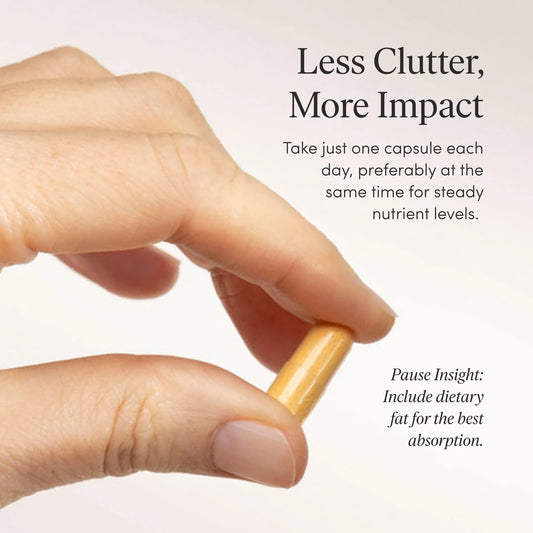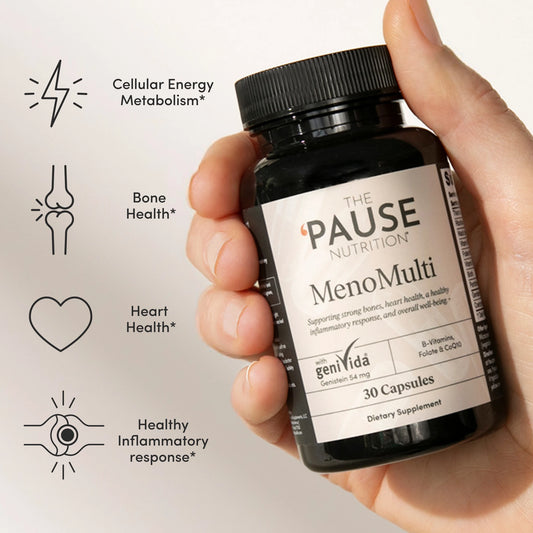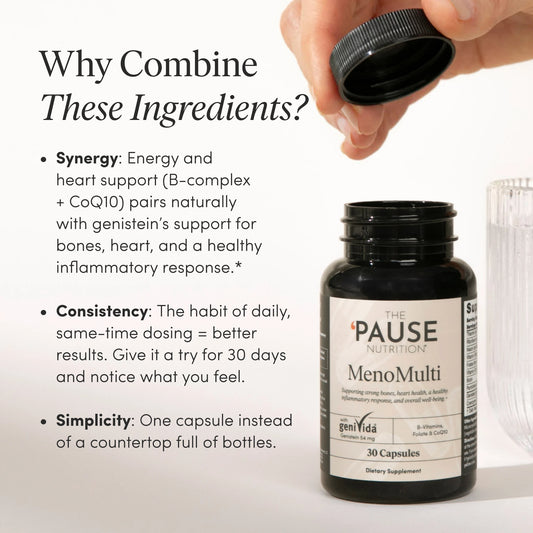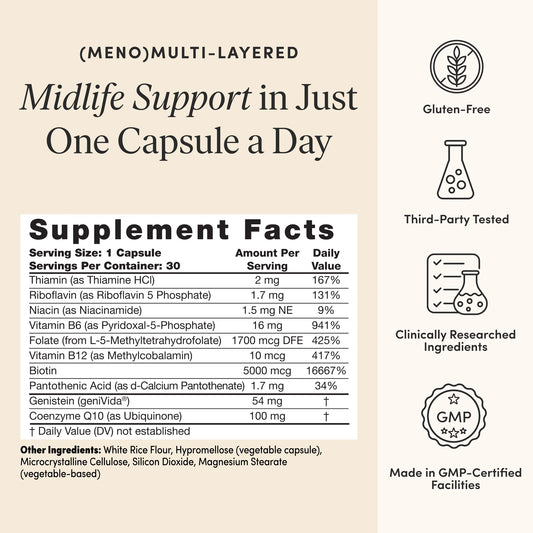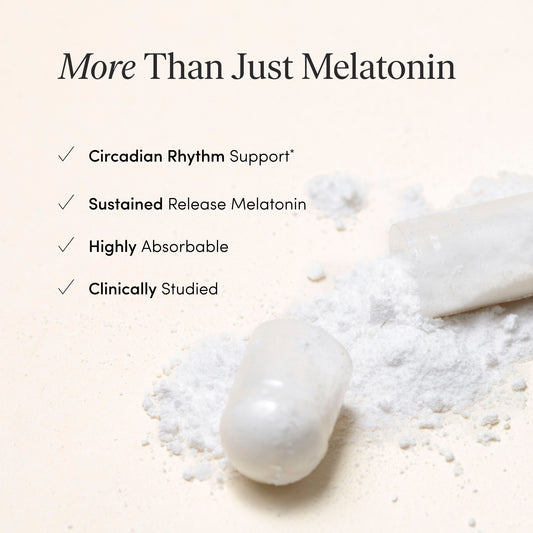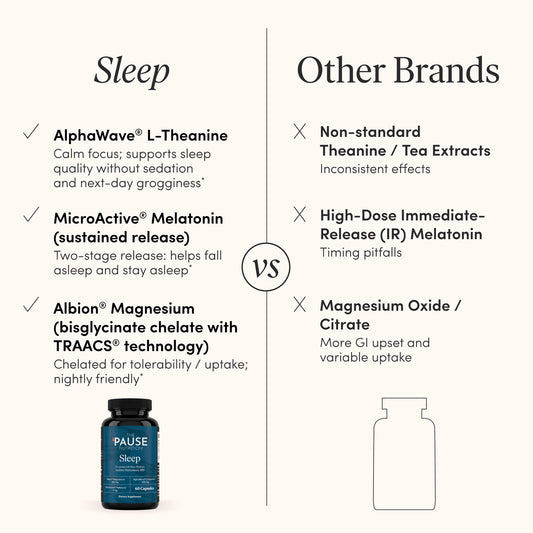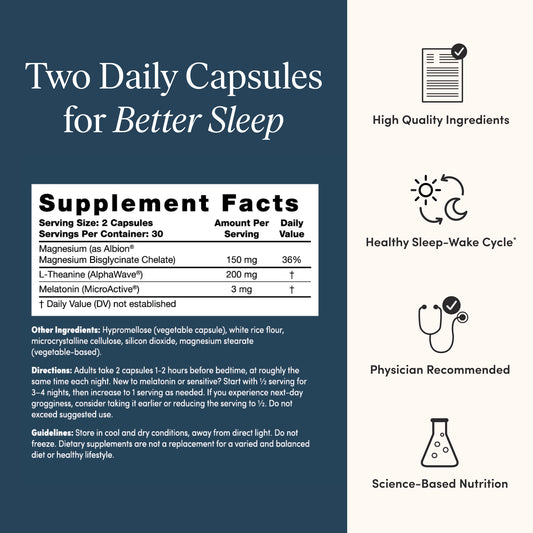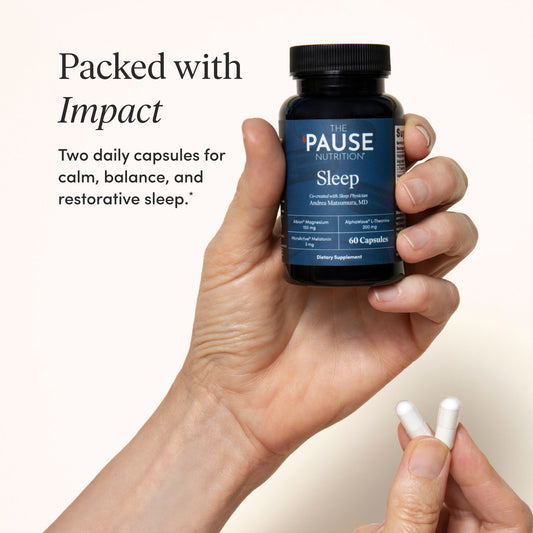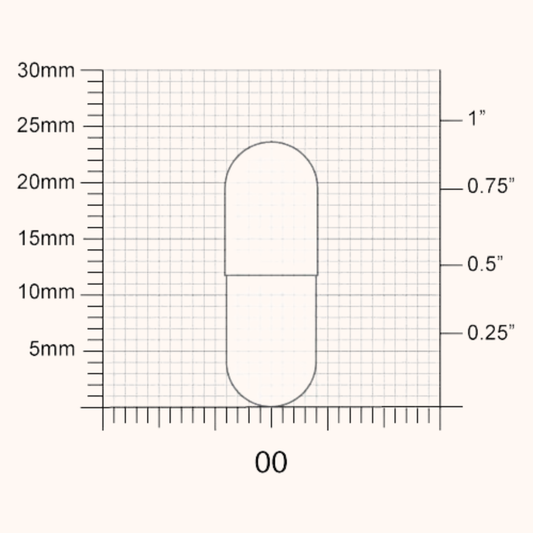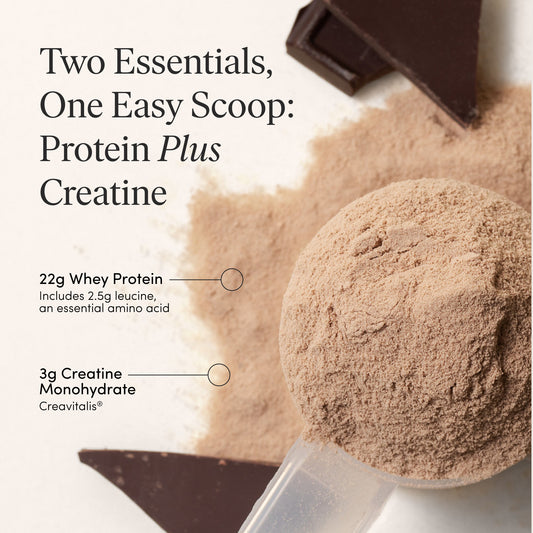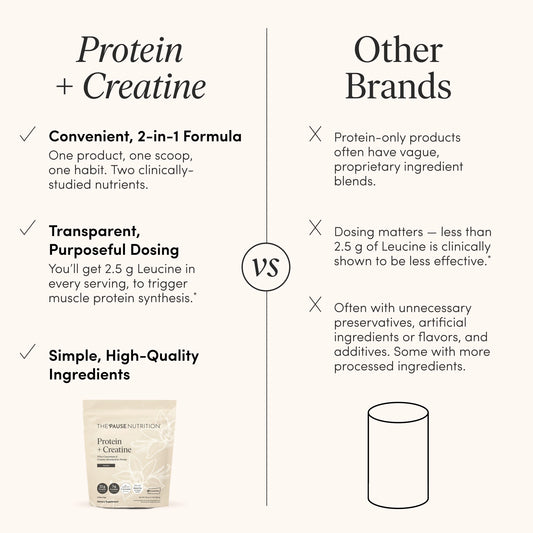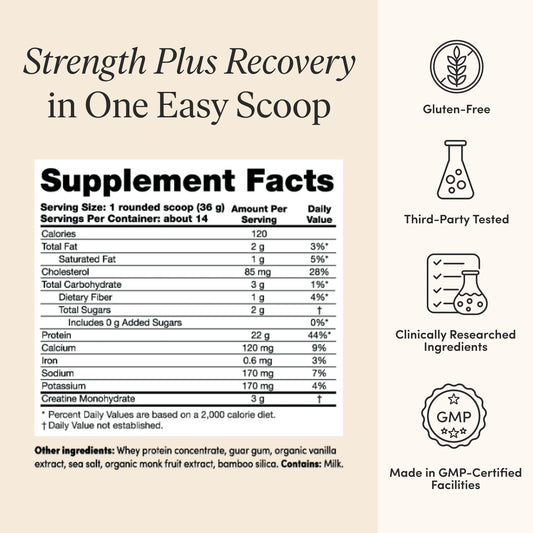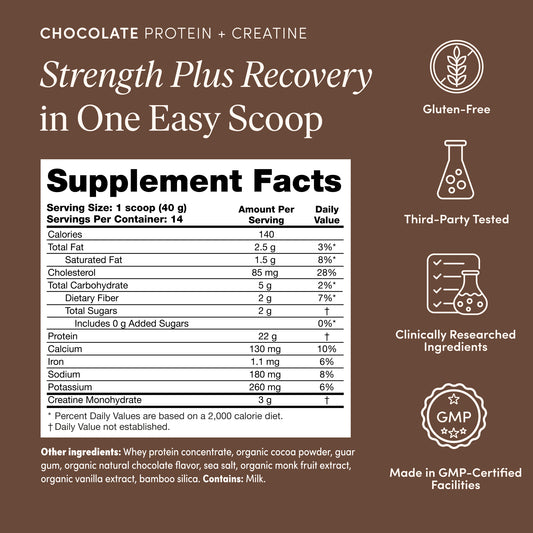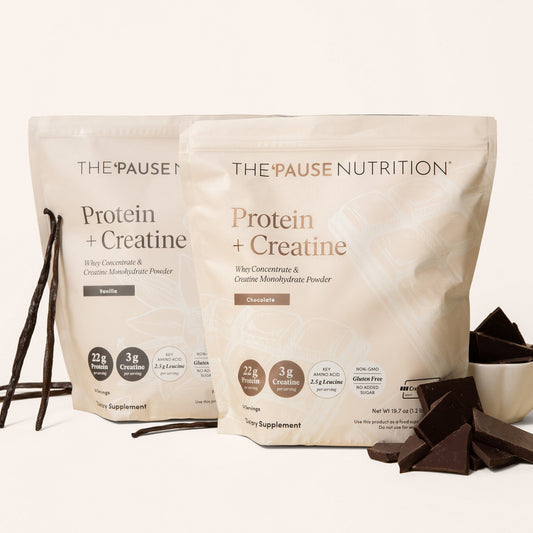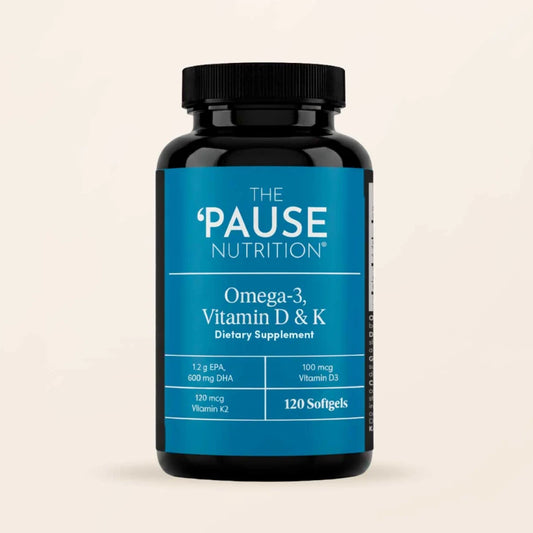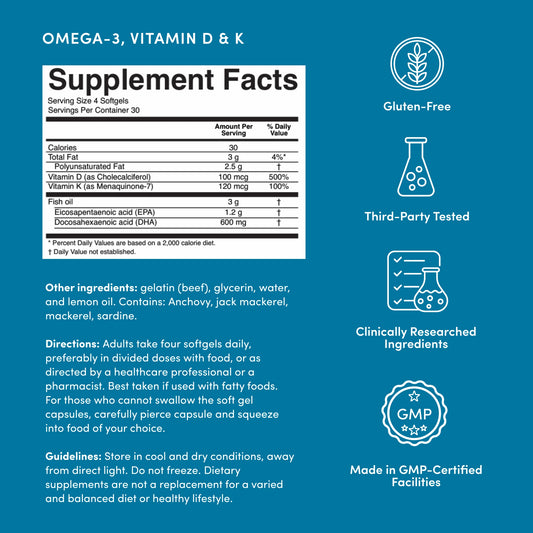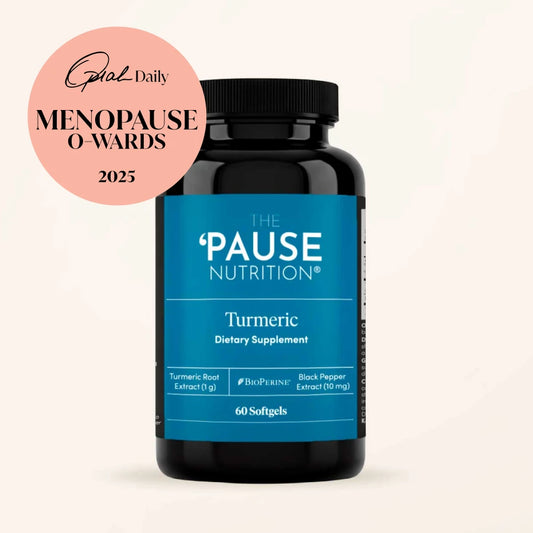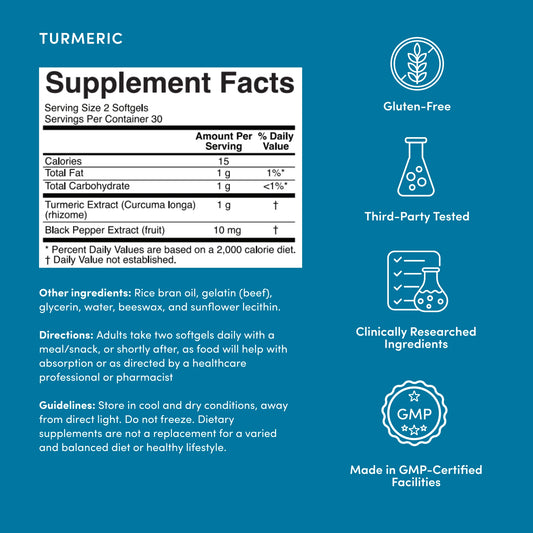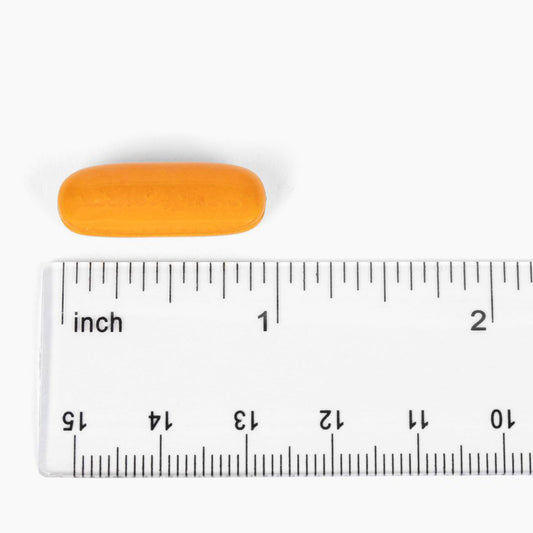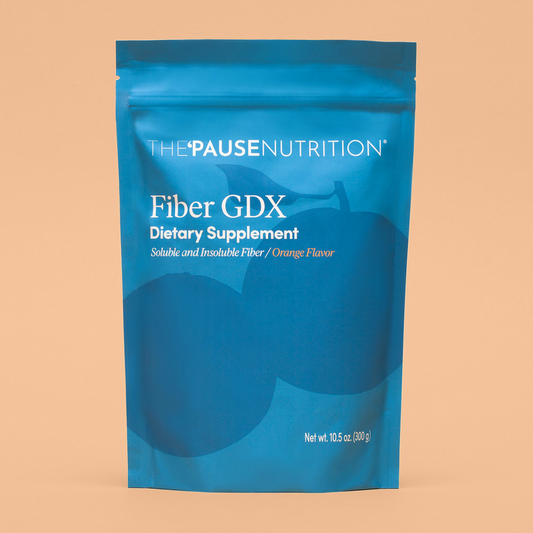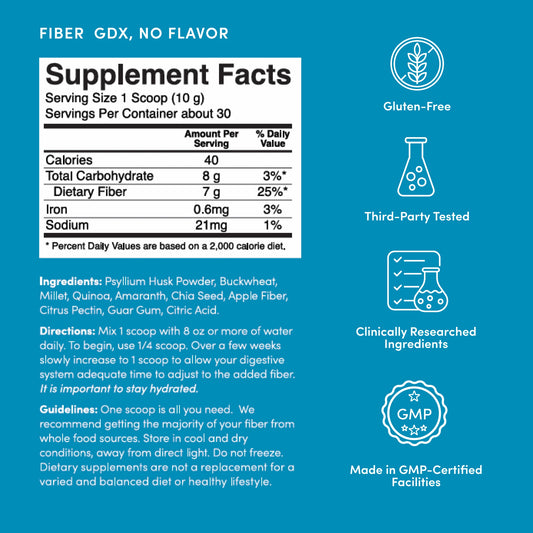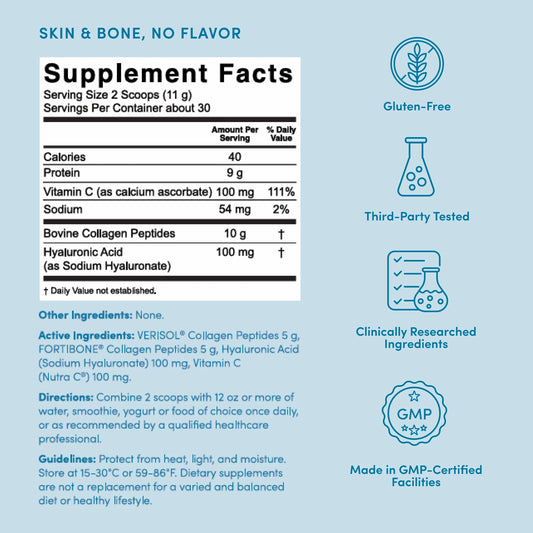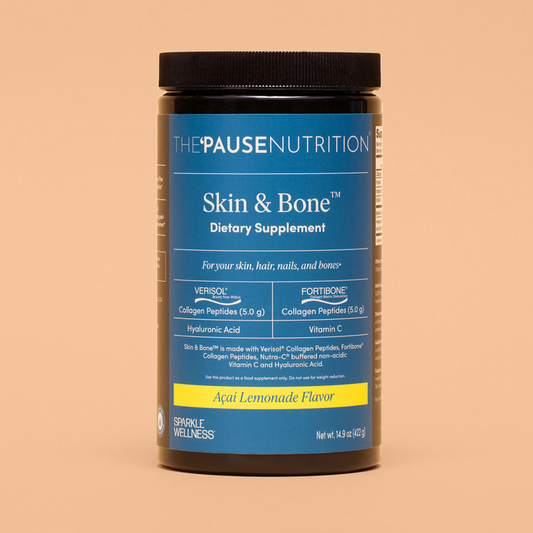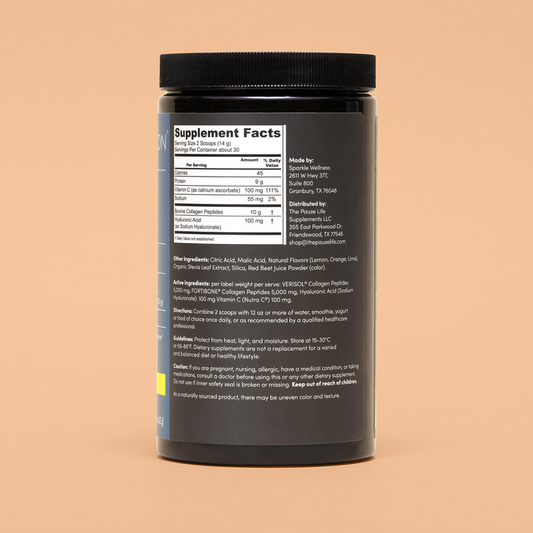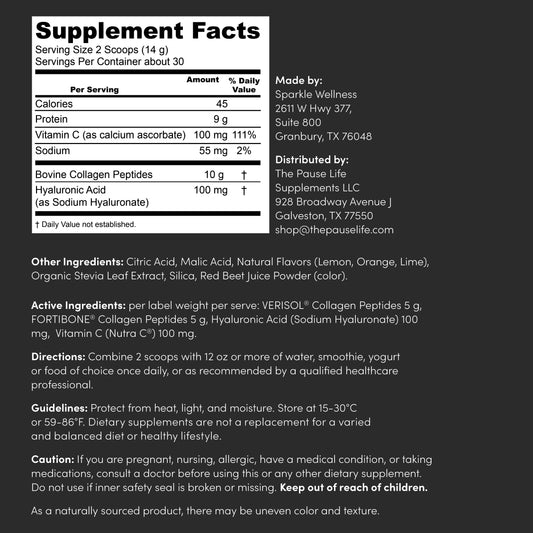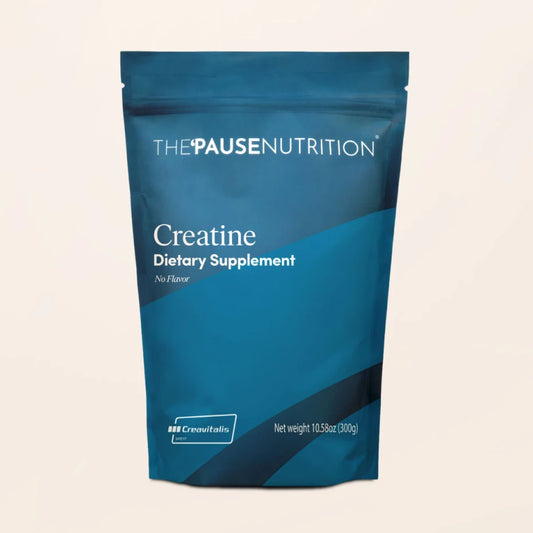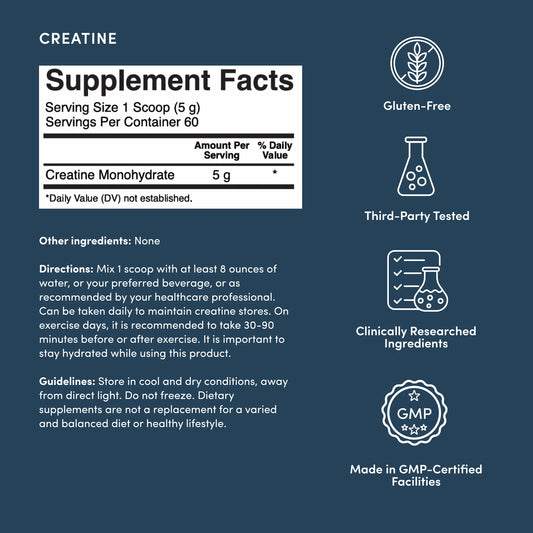7 Tests To Maximize Your Annual Exam In Menopause

Share
During your annual exam, your doctor asks how you’ve been feeling, does a brief exam, and usually orders blood work. He or she might rattle off the names of a couple of lab tests to be ordered, like a CBC (complete blood count) or CMP (comprehensive metabolic panel)—but rarely has the time to explain what exactly these tests are looking for. So you get your blood drawn, get a call a few days later that things came back “normal,” and you don’t really think much about it until next year. Sound familiar?
If you are seriously proactive about optimizing your health in menopause and perimenopause, what are the key tests to consider requesting that any doctor can order and will most likely be covered by your insurance?
Take The Following Steps Before/During Your Next Appointment
It’s important to note that everyone’s health insurance coverage is different, but you can increase your chances of getting the tests you need (and getting them paid for) if you take the following steps before/during your next appointment:
- Write down your family history of diseases and illnesses, which relative had them, and at what age. This information could qualify you for certain medical tests you may not otherwise be qualified for. For example, if you have fatigue and a family history of hypothyroidism, your physician can utilize that diagnostic code and increase your chances of insurance covering the test.
- Keep a symptom journal, noting any changes to your health since your last visit, including new aches and pains, increased fatigue, hair loss, weight gain or loss, constipation, forgetfulness, depression, etc. The Menopause Quiz on our website can help you keep track of symptoms you may be experiencing and using a tool such as the Oura ring can provide even more insight for you and your clinician.
- Try to obtain the first appointment of the morning – and show up fasting (no food/drink other than water after midnight). This timing will ensure a fresh physician and may avoid any delay in testing due to needing a fasted state.
- Write down the specific tests you would like and what symptoms you have that would make testing these levels a good idea. Use my Lab Test Checklist for guidance.
- If there is ever a question, call your specific insurance company to confirm coverage for tests.
1. Complete Blood Count (CBC), Comprehensive Metabolic Panel (CMP) And Advanced Lipid Panel
CBC and CMP are are basic tests that are often included as part of an annual checkup—but do not forget to ask for them. They are basic screening tests and do not require symptoms for insurance to cover them during an annual exam.
The CBC measures different features of your blood, including red blood cells, white blood cells, platelets, hemoglobin, and hematocrit. It is important for the diagnosis of anemia, and it is also a screening test for immune system issues and different types of cancer.
The CMP reveals information about your overall metabolism, including kidney and liver function and type 2 diabetes risk. It also looks at electrolytes like sodium, calcium, and potassium, which can indicate whether you’re dehydrated, and it’s a screening test for your liver and kidney function. This panel measures the blood levels of albumin, blood urea nitrogen, calcium, carbon dioxide, chloride, creatinine, glucose, potassium, sodium, total bilirubin and protein, and liver enzymes.
Typically, the basic lipid panel lab, usually drawn while fasting, provides a broad picture of heart health, measuring your HDL (“good”) cholesterol, LDL (“bad”) cholesterol, and triglycerides. One of the strongest predictors for preventing heart disease is having a good HDL-to-triglycerides ratio, and a good goal is for your HDL to be higher than or equal to triglycerides.
Estrogen loss as a result of the menopause transition changes how cholesterol moves in the body. LDL often rises, and small dense LDL particles - which are more likely to stick inside artery wall - can increase. An advanced lipid panel will provide critical data including ApoB, which shows the total number of particles putting pressure on your arteries and Lp(a) which is a genetic ricks factor for heard disease that many women do not even know they carry. Together, these give you and your doctor a clearer picture of your true cardiovascular risk.
2. The Diabetes Screen: Hemoglobin A1C (HbA1C)
When it comes to understanding your metabolic health, looking at just one number—like fasting glucose—doesn’t give the full picture. A more comprehensive approach includes fasting glucose, fasting insulin, hemoglobin A1c, and the HOMA-IR score, which is a calculation that estimates insulin resistance. Together, these markers provide powerful insight into how well your body is managing blood sugar, which can be monitored using a continuous glucose monitor.
Hemoglobin A1c, for example, reflects the percentage of red blood cells coated with sugar and estimates your average blood glucose over the past 6–8 weeks. Higher levels are linked not only to diabetes, but also to increased risks of Alzheimer’s disease, cardiovascular disease, and even cancer. By evaluating these markers together, we can get a clearer picture of metabolic health and potential risks for long-term disease and longevity.
3. Bone Health
After menopause, the natural drop in estrogen accelerates bone loss—and it often happens silently. In fact, women can lose up to 20% of their bone density in just the first few years after menopause without realizing it. That’s why a DEXA scan is so important: it measures bone strength in the hips and spine, the areas most vulnerable to fractures. Don't wait to get your first scan. DEXA bone-density scans are typically offered at radiology centers or hospitals with a doctor's prescription.
It's also crucial to look at vitamin D levels, since this nutrient is key for absorbing calcium and maintaining bone health, and deficiency is both common and easily correctable. With this information, you and your healthcare provider can create a personalized plan to protect your bones, whether that includes hormone therapy, targeted nutrition, strength training, calcium, or vitamin D support.
4. The Thyroid Panel
Thyroid disorders are incredibly common, affecting one in 10 women, and about 60% of people with a thyroid problem are unaware of their condition—and thus, unable to manage it appropriately. The TSH is a great screening test, but a more comprehensive thyroid panel is needed for women experiencing unexplainable weight gain or loss, chronic fatigue, cold intolerance, hair loss, forgetfulness, constipation, and feeling generally depressed. Ask for a TSH, free T4, free T3, reverse T3, and two types of thyroid antibody levels called anti-TPO and anti-thyroglobulin.
An under-active thyroid can mimic menopause symptoms - fatigue, hair loss, mood swings, brain fog. A simple blood test rules this out or finds a treatable cause for symptoms that should not be brushed off. This more comprehensive panel can spot issues early while they can still be addressed with lifestyle changes.
5. Iron And Anemia Panel
Many women enter menopause after years of heavy or irregular bleeding, which can silently deplete iron stores. Ferritin, a marker of stored iron, often drops well before hemoglobin does, leading to symptoms like fatigue, weakness, and brain fog—issues that are easily corrected once identified. If ferritin is low, a full anemia panel can help uncover the underlying cause.
Anemia itself is a major driver of chronic fatigue, and it’s not the only concern. Low vitamin B12 is also common, especially in vegetarians and vegans, but it can affect omnivores as well due to absorption issues linked to antibiotic overuse, celiac disease, or Crohn’s disease.
6. Hormones
When menstrual cycles aren’t available as a guide—such as in women with an IUD, after hysterectomy, or in cases of early menopause—lab testing can help clarify where you are on the menopause timeline. Estradiol and FSH are useful markers, since they reflect ovarian function and can provide insight into your menopausal status.
Another key hormone to check is testosterone, both free and total. Testosterone is often overlooked, yet it plays a critical role in sexual health, muscle mass, bone density, energy, mood, and mental clarity. Levels tend to decline during midlife, and testing can uncover whether these changes may be contributing to symptoms like low libido or fatigue.
Together, these labs can help guide more informed conversations with your healthcare provider about treatment options and overall wellbeing.
7. Chronic Inflammation Testing: High Sensitivity C-Reactive Protein (HsCRP), Erythrocyte Sedimentation Rate, Plasma Viscosity
These tests are great ways to see if you are inflamed, then use them as a marker after nutrition/lifestyle changes to track progress. However, these markers are nonspecific, meaning that abnormal levels can show that something is wrong, but not what is wrong. Since nutrition and lifestyle changes fight so many of the causes of chronic inflammation – it is worth testing.
hsC-reactive protein (CRP): CRP is naturally produced in the liver in response to inflammation. A high level of CRP in your blood can occur due to several inflammatory conditions.
Erythrocyte sedimentation rate (ESR): The ESR test is rarely performed alone, as it doesn’t help pinpoint specific causes of inflammation. Instead, it can help your doctor identify that inflammation is occurring. It can also help them monitor your condition.
Plasma viscosity: This test measures the thickness of blood. Inflammation or infection can thicken plasma.
Get The Labs You Deserve
Now that you have read through the different tests available, I hope you feel more confident and more empowered. Now you know what to ask for to protect your health now and for decades to come.
To further support you, I created a free, printable Lab Test Checklist for you to bring to your next appointment. This clear and concise checklist explains why these tests matter, and includes simple language to use if you feel you’re not being heard.
Protect your heart, brain, bone, and metabolic health and continue to advocate for your best health! There is nothing more important than understanding what is going on in your body so you can make the best choices for your future.
Sources:
- https://care.diabetesjournals.org/content/42/4/576
- https://www.ncbi.nlm.nih.gov/pmc/articles/PMC6075634/
- https://www.ncbi.nlm.nih.gov/pmc/articles/PMC4571146/
- https://www.ncbi.nlm.nih.gov/books/NBK493231/
- https://www.ncbi.nlm.nih.gov/pmc/articles/PMC5637834
- https://www.ncbi.nlm.nih.gov/books/NBK499905/
- https://www.sciencedirect.com/science/article/abs/pii/S0002914903007744
- https://www.aafp.org/afp/1999/1001/p1443.html
- https://www.bmj.com/content/344/bmj.e454
This article contains affiliate links.


















